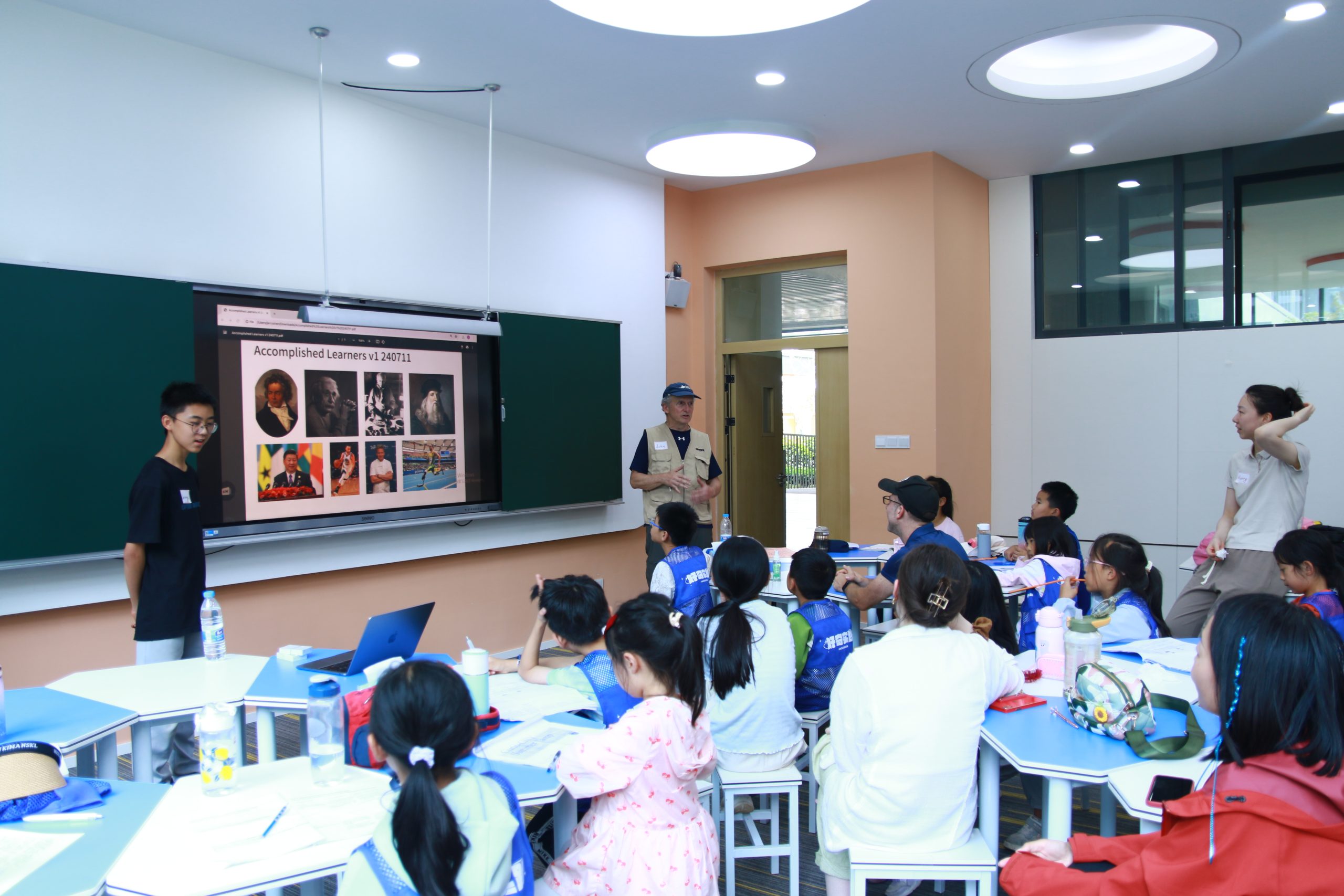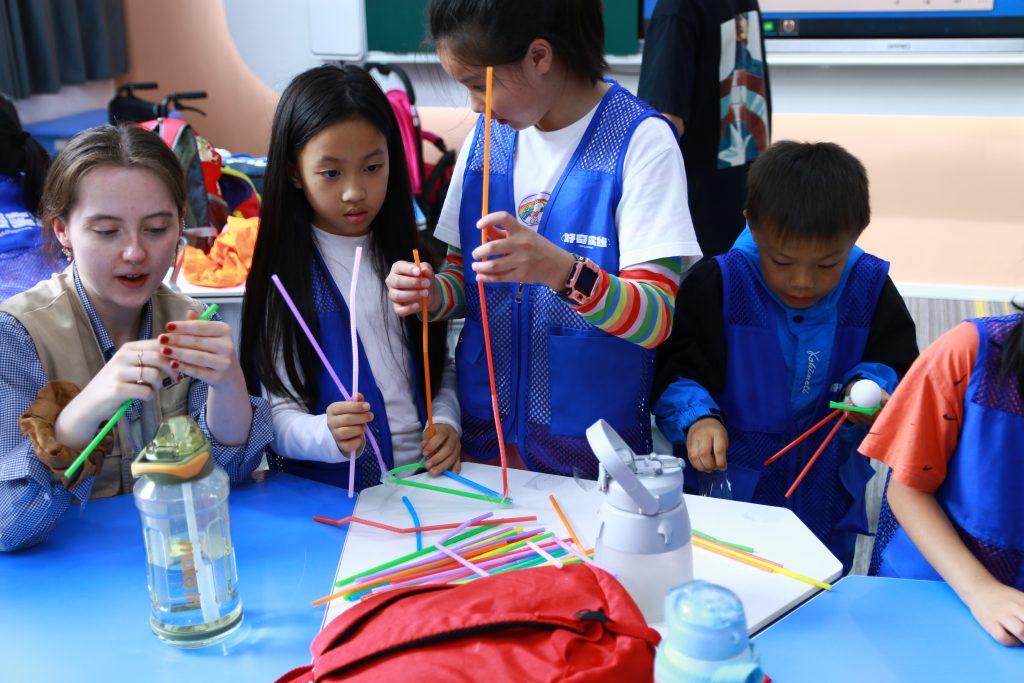PL.E offers packaged or customized Camps for students throughout the world, where a local partner provides the site and a specified number of Campers, while PL.E delivers staff — Mentors, Counselors, and CITs — curriculum, program management, and follow-up (references, portfolio preparation and evaluations) for 10-30 day engagements.
PL.E can also provide Camps in Maine, customized for international school partners, that includes all of the above, plus great local activities like white-water rafting, sea kayaking, and wilderness hiking and camping.

Join our exciting and proven programs
4 x 10-day series with a lasting leadership impact
Available in Asia and North America
Experienced faculty and accomplished graduates provide expert guidance and learning
Available in Asia and North America
Designed with our K-12 school partners, each program is based on what families and principals need for success.
Available in Asia and North America

Global education is the perfect blend of the present education system with global dynamics that leads to better cross-cultural awareness. Learners get an exposure to different world cultures and thus have a global perspective in dealing with any situation they face. PlanetLabs.Earth helps both families and learners to better perceive the interconnections between the society they live in and the world around them.
+1-(246)333-0089
PO Box 621, Bath, ME, 04530, USA
Mondays to Saturdays, 9:00 am to 6:00 pm (EST)
© Copyright 2024 PlanetLabs.Earth